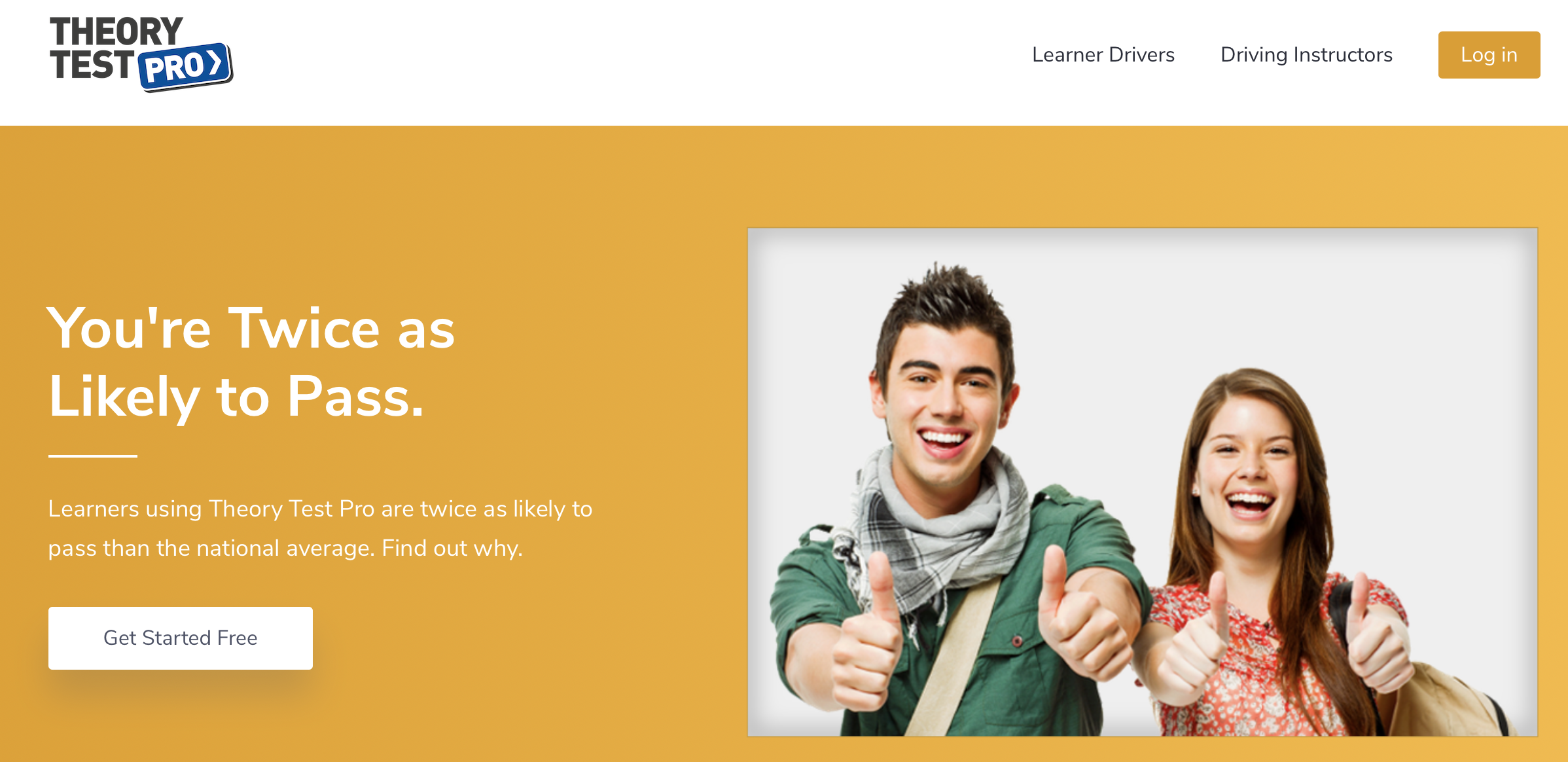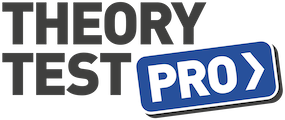The practical driving test is a stressful time for most us, especially with the implementation of the all-new rules designed to maintain social distancing wherever possible. This level of stress can be greater though for those with hearing difficulties or deafness who must rely on lip reading or sign language to ensure they understand what the examiner is communicating before and during the practical driving test.
Unfortunately, up until now, there has been uncertainty and a lack of knowledge among both driving instructors and examiners about what allowances can and cannot be made to aid deaf candidates who are taking their driving test in relation to social distancing rules.
Tackling disadvantage

This in turn has put deaf candidates at a potentially very serious disadvantage compared to those learners taking their test who don’t have a barrier to successfully communicating with instructors or examiners.
Thankfully, Jon Rogers at the excellent Disability Driving Instructors association has brought the issue to the attention of the DVSA (Driver and Vehicle Standards Agency). His intervention means both instructors and examiners can now more fully understand the issues raised and critically how, through practical advice, they can help overcome any communication barriers caused by hard of hearing or deafness during the ’new normal’ driving test and its strict social distancing rules.
Here’s how the help breaks down:
1. Lip reading
The examiner can remove their face mask temporarily if the test candidate needs to be able to lipread. Bear in mind that the DVSA will need to know that this will be required in when booking. Do expect most communications that involve lip reading to occur outside of the vehicle to ensure social distancing is maintained as much as possible.
2. Sign language
If the candidate is deaf and requires a British Sign Language (BSL) interpreter in the car, this is allowed. Because of social distancing rules, only two people can be in the car during the test currently – the candidate and the examiner – but an interpreter is the exception to this rule whether it be a driving instructor or a dedicated BSL specialist.
It is important though that the candidate informs the DVSA in the special requirements section when booking. This is to give the DVSA time to source an examiner who is prepared to share the car with an additional person sitting in the back.
3. Tell Me questions
A deaf candidate’s driving instructor may accompany them during the Tell Question stage at the beginning of the test – so as long as the instructor is a BSL interpreter. It is recommended that the instructor makes themselves available as and when required, and to bear in mind that the Tell Me question will be asked outside the vehicle so social distancing rules remain adhered to.
If you are a deaf or hard of hearing candidate who has experienced issues with how the test is conducted, expect the DVSA to contact you to help resolve any ongoing problems. Driving instructors can also expect to receive further guidance from the DVSA.
- If you wish to learn to drive and have hearing difficulties or deafness, use the Disability Driving Instructors’s searchable database to source a driving instructor who is either a deaf aware or a fully qualified BSL interpreter.
Ace Your Theory Test

Double your chances of theory test success with Theory Test Pro. Sign up for free here.
Main photo by Brandon Esau.
